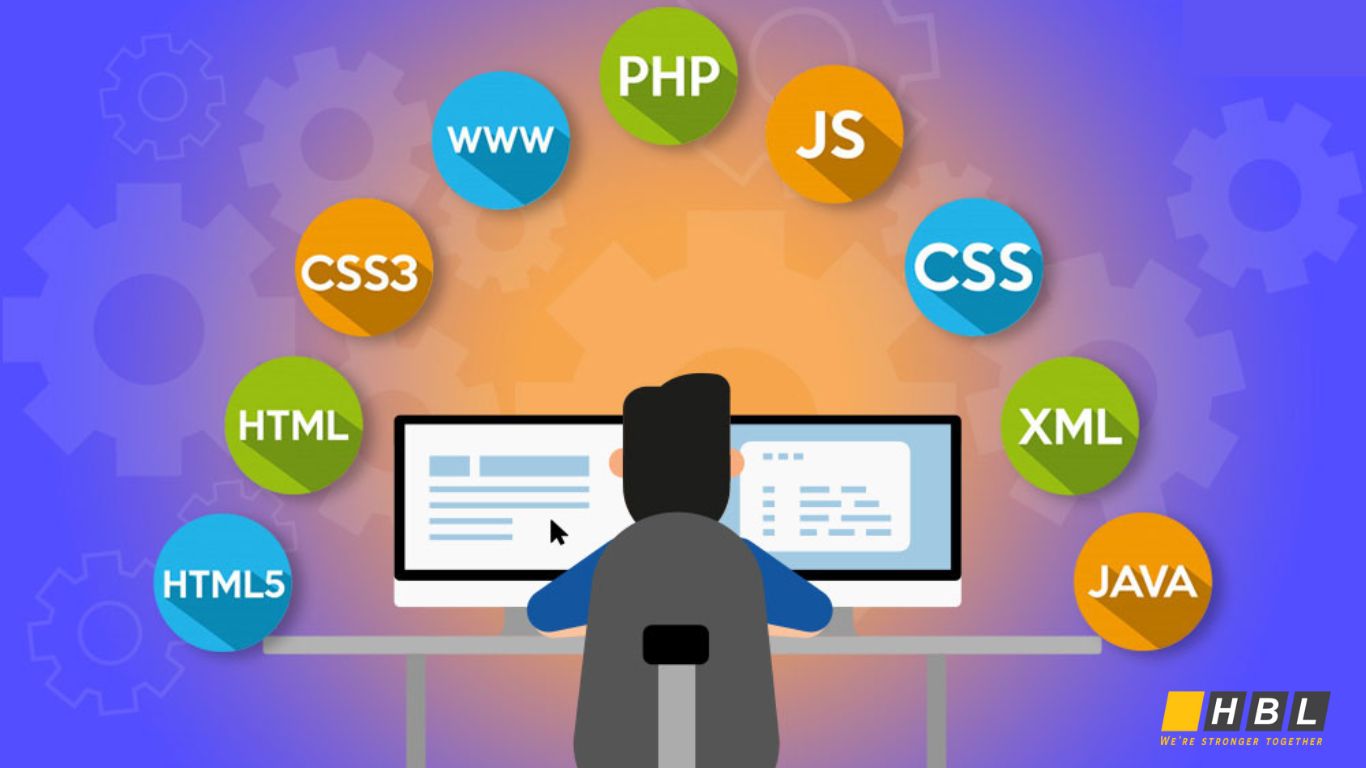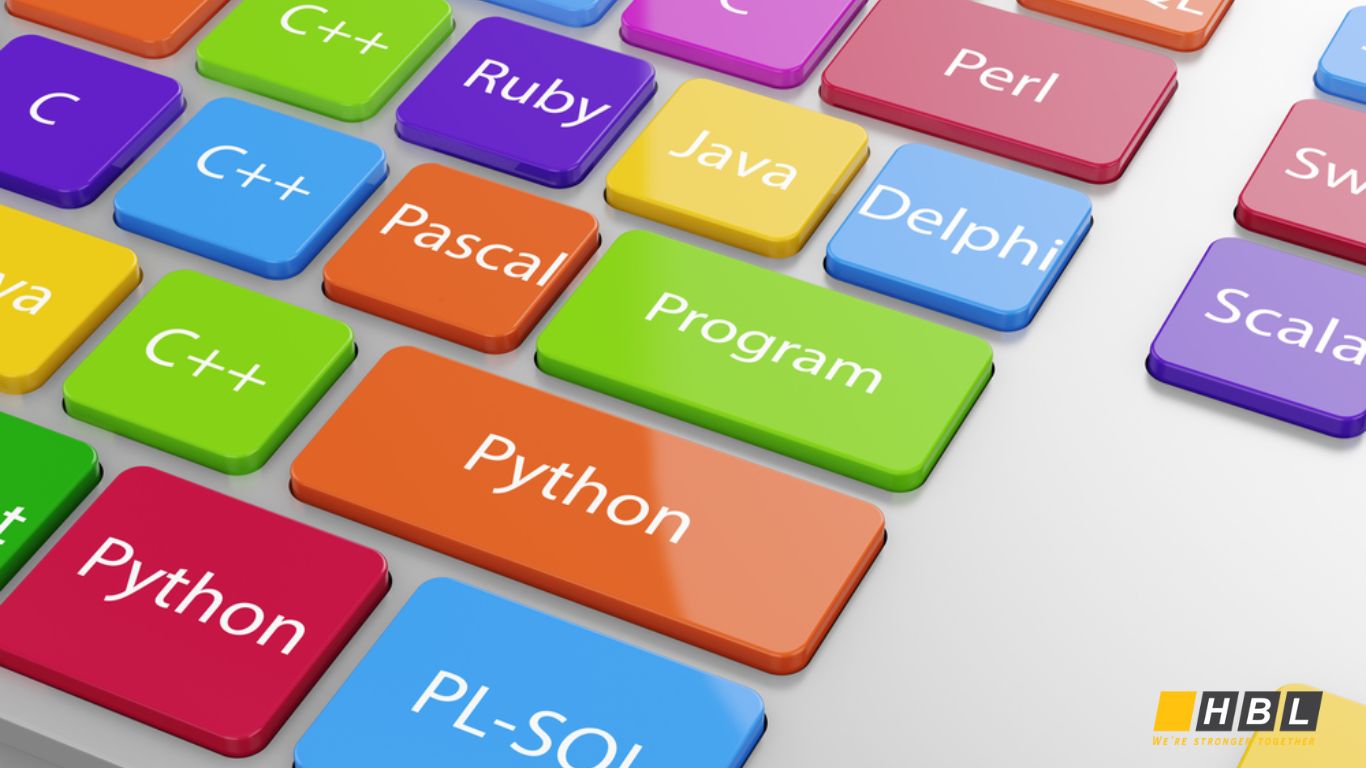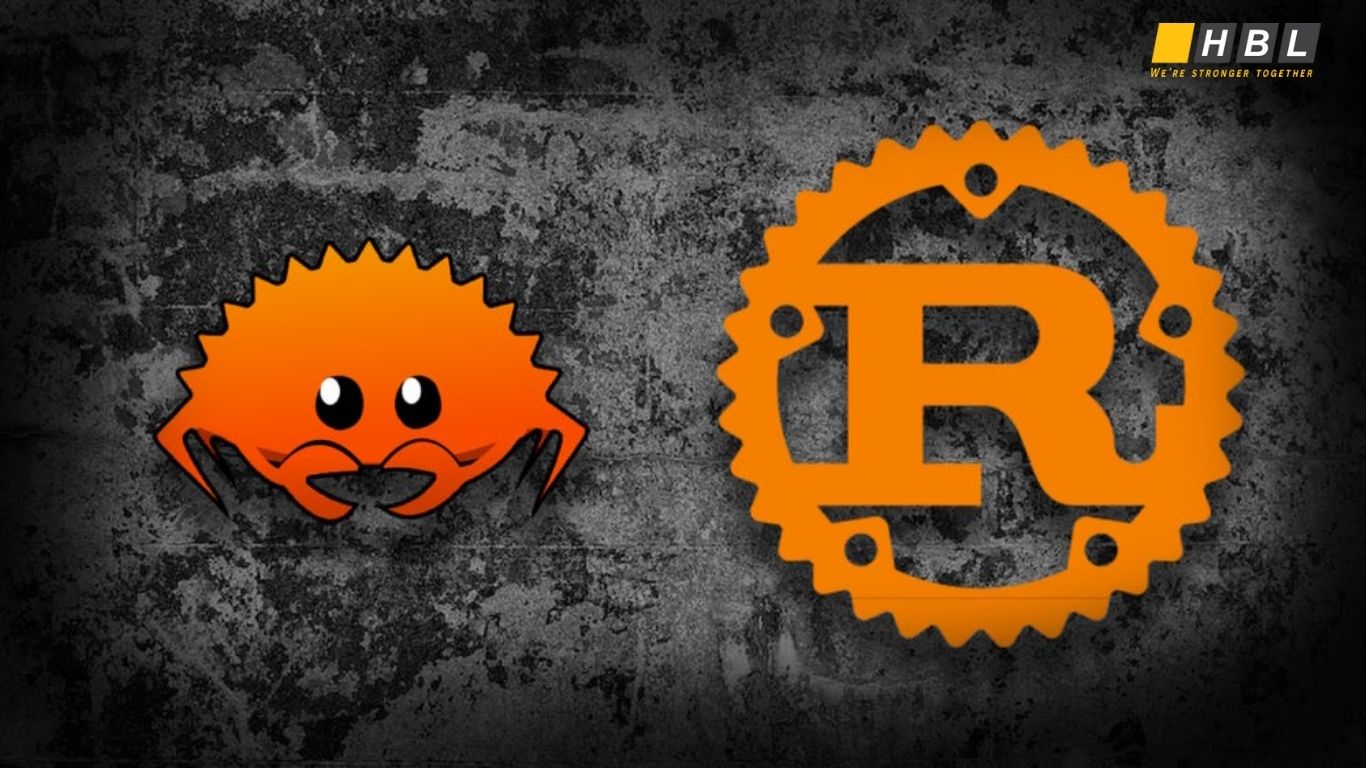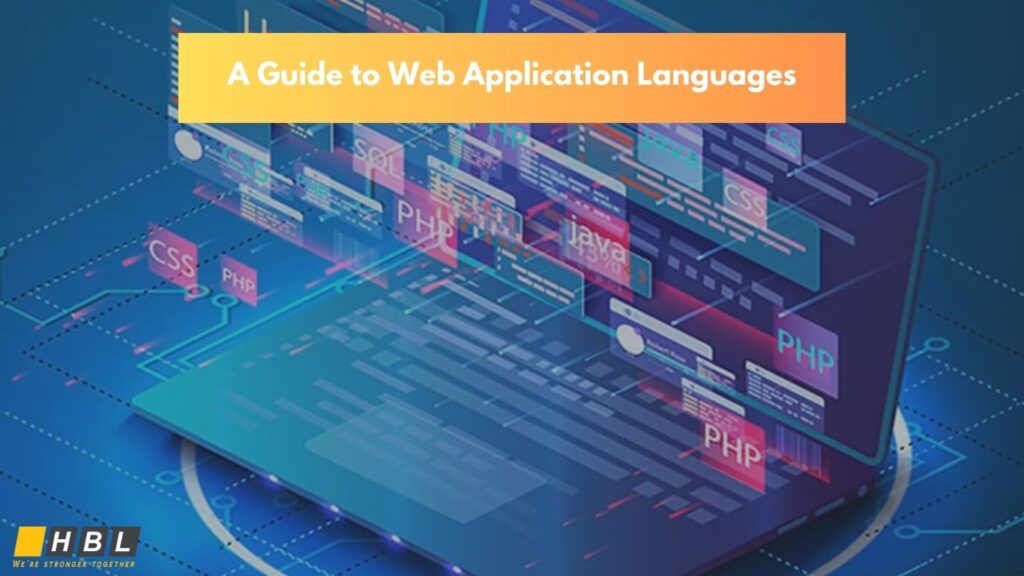In the realm of web application development, the selection of a programming language is a pivotal decision. The chosen language significantly impacts a project’s efficiency and scalability. This article provides a comprehensive overview of the primary types of programming languages used in web application development, guidance on how to choose the right one, and a detailed look at 11 popular web application languages.
What are Web App Languages?
Web app languages are the programming languages used to develop web applications. These languages are employed on both the server-side and the client-side, enabling a wide range of functionalities from user interfaces to database operations.

Understanding Application Types
Applications play a crucial role in today’s digital society. Whether using smartphones or computers, we interact with various types of applications. Broadly, there are three main categories of applications. Understanding the characteristics of each helps in selecting the right type for a specific purpose.
Web Apps: Web apps are applications accessed via the internet. Users access them through a browser, eliminating the need for installation and allowing use from any device. Key features of web apps include:
- Cross-Platform Compatibility: Web apps operate on different operating systems such as Windows, macOS, and Linux.
- No Installation Required: Users can directly access them through a browser, without the need for installation or updates.
- Easy Updates: Developers can update the application on the server-side, making the new version immediately available to all users.
Native Apps: Native apps are developed specifically for a particular platform (like iOS or Android). Users download and install these apps from app stores onto their devices. Key features of native apps include:
- High Performance: Native apps can leverage the device’s hardware and features to their full potential, resulting in excellent performance.
- Offline Use: They can offer features that are accessible even without an internet connection.
- Push Notifications: Native apps can send direct notifications to users, enhancing engagement.
Hybrid Apps: Hybrid apps combine features of both web apps and native apps. They are developed using web technologies (HTML, CSS, JavaScript) and run within a native app container. Key features of hybrid apps include:
- Cross-Platform Development: Development for multiple platforms can be done with a single codebase, saving development cost and time.
- Ease of Access: As native apps, they are installed on devices and distributed through app stores.
- Use of Web Technologies: Web developers can easily develop hybrid apps using familiar web technologies.

Each type of application has its own advantages and disadvantages. Choosing the optimal application type is crucial and depends on the project requirements and target users.
Popular Web App Languages
Different programming languages are used for developing web apps and native apps. Here, we compare popular development languages for each application type.
Web App Languages:
A variety of programming languages are utilized for web application development. Here, we compare 11 languages, including Java, JavaScript, Ruby, Python, and Go.
| Language | Features | Uses |
|---|---|---|
| Java | Robust and cross-platform programming language | Development of large-scale enterprise web applications |
| JavaScript | Widely used as a scripting language that runs in web browsers | Web front-end, server-side, and mobile application development |
| Ruby | Programming language with simple and highly readable syntax | Web application development, especially when rapid development is required |
| Python | Programming language with simple and easy-to-read syntax | Web application development, data processing, machine learning, scientific computing |
| Go | Statically-typed programming language that allows for writing efficient code | Web application development, especially when high performance and concurrency are required |
| PHP | Open-source language with simple syntax and extensive libraries | Widely used for developing web applications and dynamic websites |
| TypeScript | Superset of JavaScript that provides static typing, improving code reliability and maintainability | Used for web application development, large-scale front-end projects, and Node.js applications |
| Kotlin | Fully compatible with Java, a concise and expressive language | Used for Android application development, as well as server-side and desktop application development |
| Swift | Designed with safety and performance in mind | Used for iOS application development, as well as macOS, watchOS, and tvOS app development |
| Rust | High-performance design | System programming, high-performance applications, and game development |
| Flutter | Fast development cycle, rich widgets, high performance | Cross-platform application development, mobile application development, and web application development |
Detailed Look at Various Platforms for Application Development:
Java: Java, developed by Sun Microsystems (now Oracle) and released in 1995, is a programming language known for its robustness, cross-platform capabilities, and object-oriented nature. Its primary uses include web application development, mobile application development (Android), and big data processing. Java boasts a rich set of standard libraries and frameworks (such as Spring and Hibernate), catering to a wide range of development needs.
JavaScript: JavaScript is widely used as a scripting language that runs in web browsers. Combined with HTML and CSS, it enables dynamic behavior and user interactions on web pages. The rise of Node.js, a server-side runtime environment, has also made it possible to use JavaScript on the server-side. Key features of JavaScript include its dynamic nature, event-driven processing model, and versatility for both client-side and server-side development.
Ruby: Ruby, a dynamic, object-oriented programming language developed by Yukihiro Matsumoto (Matz), is characterized by its simple and highly readable syntax, emphasizing developer productivity. It is widely used for web application development and scripting. The Ruby on Rails framework, in particular, allows for rapid and efficient web application development.
Python: Python is a high-level programming language known for its simple and easy-to-read syntax, and it is used for a broad range of applications. An open-source language, Python has extensive standard libraries and third-party modules available. It is widely utilized in fields such as data processing, machine learning, web development, and automation.
Go (Golang): Go, an open-source, statically-typed programming language developed by Google, offers high performance and efficiency, making it particularly suitable for developing concurrent and distributed systems. Its simple syntax and high productivity make it a popular choice for large-scale software projects.
PHP: PHP is a scripting language specifically designed for web development and is widely used for developing dynamic web pages and web applications. An open-source language, PHP integrates easily with databases like MySQL and PostgreSQL. Its simple syntax and extensive libraries make it a crucial tool for web developers.
TypeScript: TypeScript is an open-source programming language that adds static typing to JavaScript. Developed by Microsoft, it allows for early detection of errors through type definitions, improving code readability and maintainability. As a superset of JavaScript, it is compatible with existing JavaScript code.
Kotlin: Kotlin, a modern programming language developed by JetBrains, is fully compatible with Java. Designed to be concise and expressive, it offers advanced features like null safety. It is widely used for Android app development, as well as server-side and desktop application development.
Swift: Swift, a programming language developed by Apple, is used for developing apps for iOS, macOS, watchOS, and tvOS. Designed with a focus on safety and performance, it features an intuitive and easy-to-use syntax. It is compatible with Objective-C, facilitating integration with the existing Apple ecosystem.
Rust: Rust, a system programming language developed by Mozilla, emphasizes safety and performance. It employs a unique ownership system to guarantee memory safety and avoid concurrency issues. It is well-suited for developing high-performance applications and system software.

Flutter: Flutter is an open-source UI framework developed by Google that allows for creating iOS and Android apps from a single codebase. Using the Dart language, it offers a fast development cycle and beautiful user interfaces. It provides a powerful toolset for efficient cross-platform development.
How to Choose a Web App Language
When selecting a language for web app development, it’s important to consider the following factors:
- The appropriate language varies depending on the scale and nature of the project. For large enterprise applications, robust languages like Java or C# might be suitable. Smaller projects or startups might opt for languages with faster development speeds, such as Python or Ruby.
- The skills and experience of the team members are crucial. If the team is proficient in a particular language or framework, choosing that can enhance development efficiency.
- The support and community activity surrounding the language and framework are also important. Major languages and frameworks often have extensive support and resources for troubleshooting and development inquiries.
- If application performance and scalability are critical, the performance of the language and framework should be considered. For handling large traffic volumes, fast and scalable languages and frameworks are often preferred.

Considering these factors and aligning them with the project needs and team skills is essential for choosing the optimal web app development language.
Conclusion
While the choice of a web application development language is important, it should ultimately be made based on the project’s goals, requirements, and the team’s skill set. Regardless of the language chosen, developers should continuously learn and grow to stay updated with the latest technology trends. Thorough research and consideration are necessary for making a good choice.
For more details about our web application development services or to request a quote, please feel free to contact us. Our professional consulting team will propose the best solution tailored to your needs.
HBLAB – the place for reliable and efficient web application services
HBLAB JSC is a leading software development and digital transformation company, delivering end-to-end IT solutions to global clients. With a team of over 300 skilled and experienced engineers, we have partnered with businesses across various industries to build web applications, enterprise management systems, eCommerce platforms, and more.
At HBLAB, we don’t just help you choose the right programming language—we provide full-cycle development services to bring your ideas to life with speed, efficiency, and cost optimization. Our mission is to deliver real-world value through advanced technology and professional service in every project.
👉 Let’s build something great together




